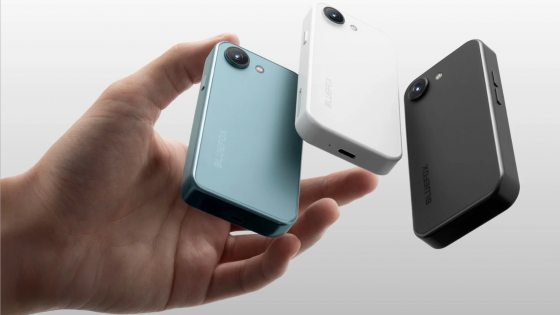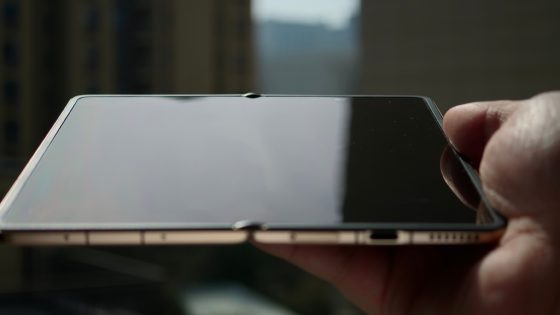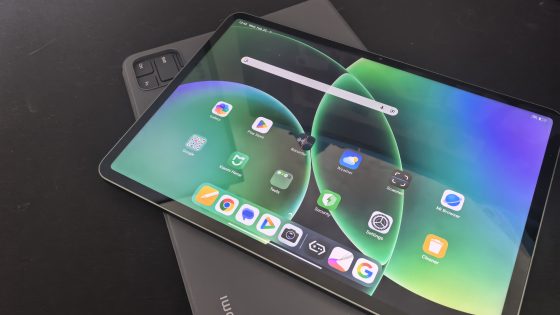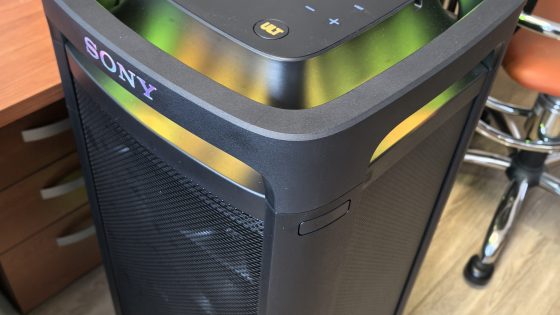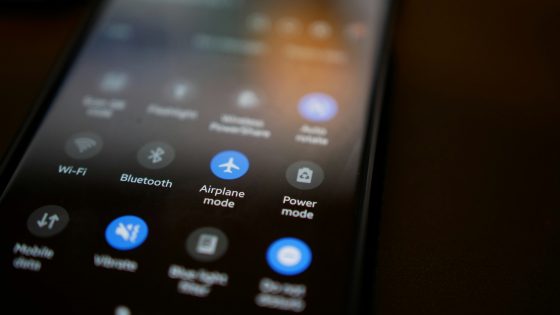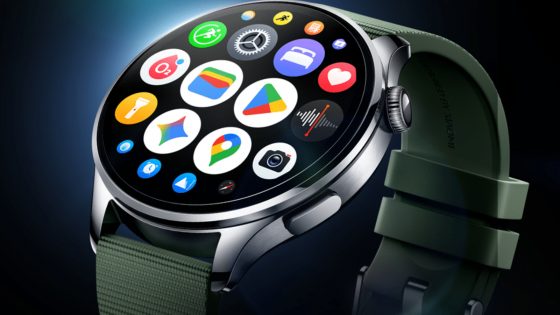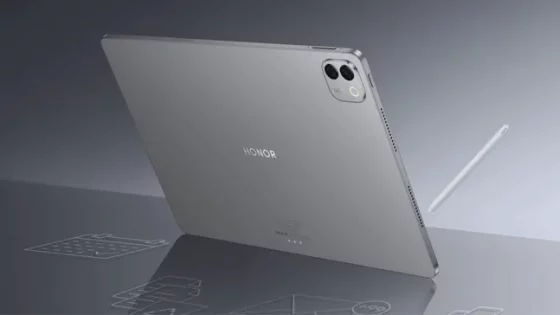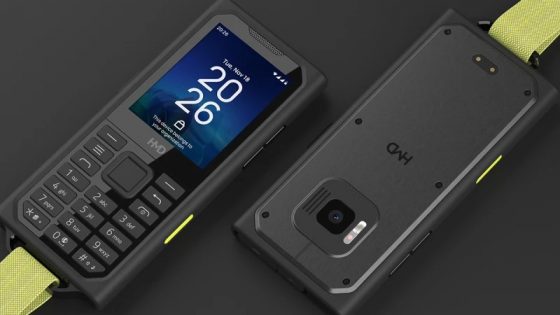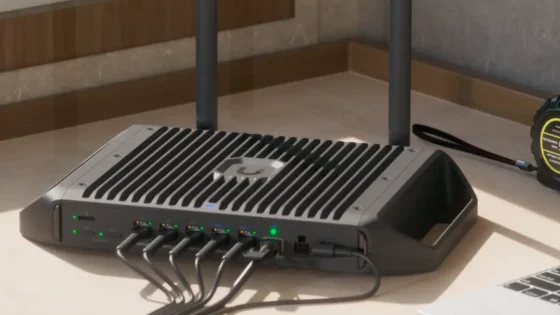Child monitoring apps: a help to parents or a dangerous tool?
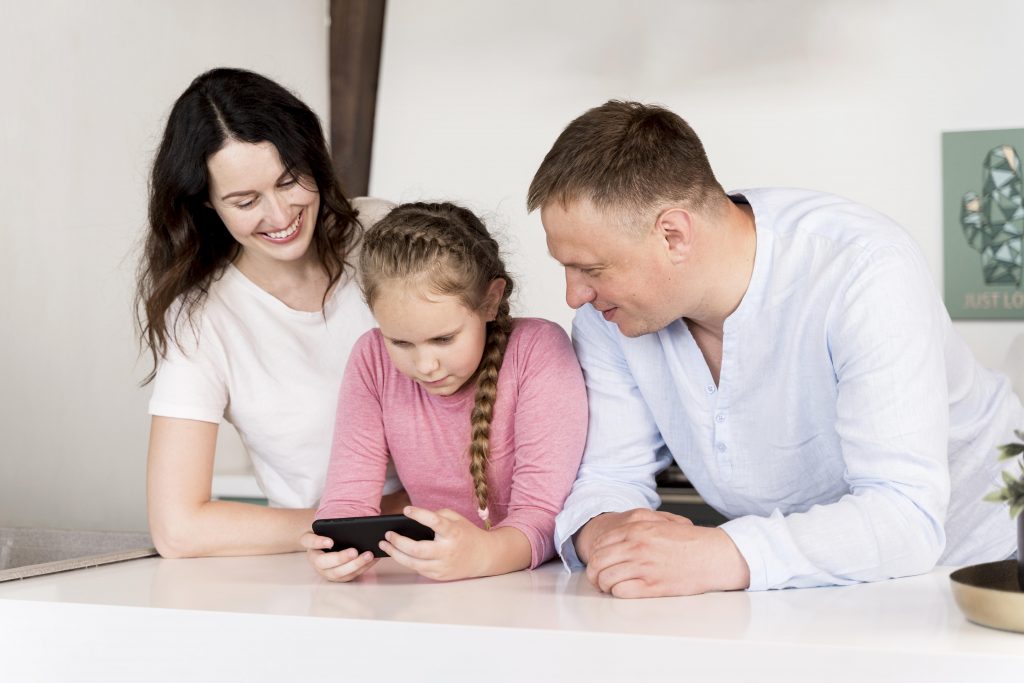
The new school year is approaching, and with it concerns about whether or not a child needs a phone and how to monitor its use and teach it how to use the new device safely. Parents are increasingly choosing to use child monitoring apps. These apps can provide insight into a child's location, app usage, online activity, and even communication.
We generally want to provide children with enough personal space, while protecting them from online dangers, harmful sites, and strangers. While such applications bring certain benefits, they also raise important ethical and legal questions.
When does it get complicated?
Among the most well-known applications that offer child monitoring are Google Family Link, Qustodio, Bark, Pingo by Findmykids, mSpy... The functionalities vary slightly from one to the next and we cannot "throw them all into the same basket". In general, they allow monitoring of the child and their mobile activities, while some of them include security features that allow parents to remotely and discreetly monitor the sounds (and conversations) of the surroundings using the child's phone.
This is where the matter can become controversial.
Child monitoring via apps: where is the line between reasonable (or even permissible)?
While we can easily defend features like location tracking and route history, zone settings (to know when a child arrives home or at school), easy communication, and app usage statistics, listening to or recording sounds from the surroundings of a child's phone can quickly cross the line of what is reasonable or even permissible.
"Such smartwatches and applications pose a major security risk. It can be misused, as you mention. It should be emphasized that such eavesdropping is criminal, as defined in Article 137 of the Criminal Code," explains Marko Puschner, Safe.si, Faculty of Social Sciences, University of Ljubljana.
The aforementioned Article 137 of the Criminal Code explains: (1) Whoever, without justification, eavesdrops on a conversation or statement not intended for him, or records it, or whoever directly transmits such a conversation or statement to a third person, plays such a recording or otherwise enables him to become directly acquainted with it, shall be punished by a fine or imprisonment for up to one year.
"That is, such eavesdropping should not occur, even though children's smartwatches and some apps enable it," adds Puschner.
Can eavesdropping be useful from a parental perspective?
Basically, "eavesdropping" is useful if we are concerned about our child and can easily and effectively check whether everything is okay with them in this way. Such applications require approval of the function in the settings, so that both users are aware of this. However, with excessive daily use, we can already ask ourselves whether excessive supervision is really necessary. All well and good, but what if a parent can also eavesdrop on the teacher during class, on other children in the class, and after all, even divorced parents can eavesdrop on conversations in this way.
A child's right to privacy
When using such applications, we must also take into account the child's right to privacy. As the Information Commissioner explains, this right also includes protection against excessive or covert surveillance, especially when the child is unable to exercise his or her rights or such surveillance is disproportionate. "In accordance with the principle of the best interests of the child, parents or guardians must always act in the best interests of the child, taking into account the child's level of development, maturity and need for safety and autonomy," explains the Information Commissioner.
The European Commission's guidelines for the implementation of the Digital Services Act (DSA) also emphasize that parental control tools (tools for guardians) only a complement to other platform security measures and not the only means of protecting children.
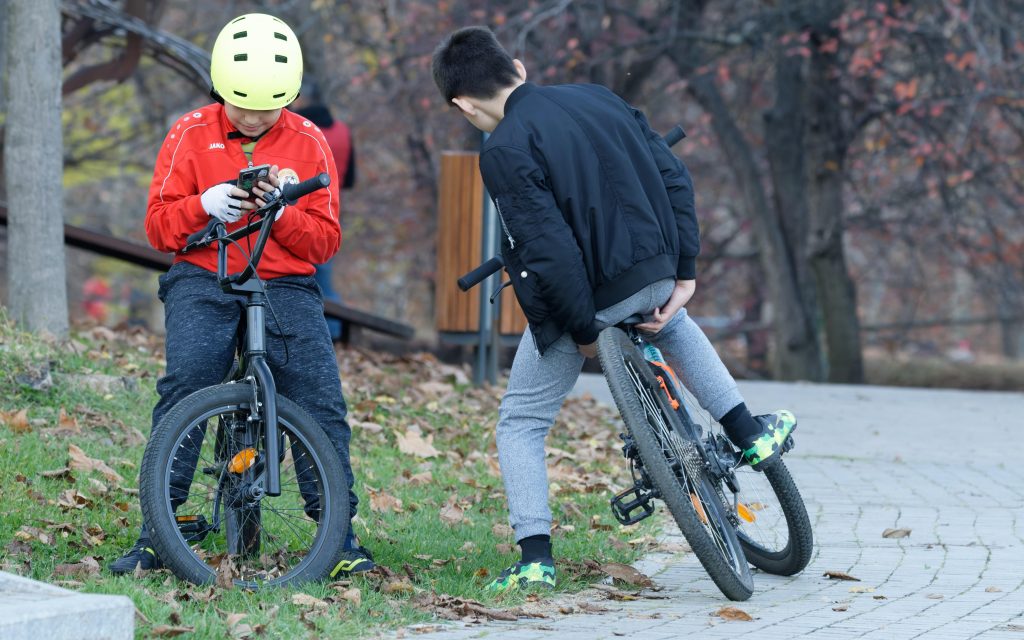
Let's not forget about application security vulnerabilities
Puschner points out another aspect, namely the security risks of use: "Another aspect that raises security concerns, which is especially true for cheap children's smartwatches, is the protection of the data transmitted by the device. The transmission of data and sound takes place via the manufacturers' servers, which are often poorly protected. The consequences of this are that communication between parents and child can be intercepted, as can data about the location of the watch and therefore the child."
The Information Commissioner also warns about various aspects of surveillance: "Such tools are often perceived as part of responsible parenting and can contribute to a greater sense of safety for a child and reduce the risks of online harassment. The Information Commissioner is also well aware of the risks that such applications bring - especially in the area of personal data protection and privacy protection in a broader sense. Many parental control solutions are not sufficiently transparent regarding what data they collect, to whom it is transmitted and for how long it is stored. It is additionally worrying that some applications contain security vulnerabilities or enable unauthorized processing of personal data of third parties (e.g. teachers, peers). In some cases, such tools may already cross the line between surveillance and espionage (so-called stalkerware). The use of functions that, for example, enable remote microphone switching or monitoring of communication without the knowledge of the device user or persons in their vicinity may pose a significant risk of unjustified interference with privacy."
The Information Commissioner highlights as particularly problematic applications that parents install outside of official app stores, as these can bring additional privacy and security risks that parents may not be aware of. The providers of these applications are not obliged to comply with the policies of official app stores, which may limit or prohibit certain ways of operating applications and require a certain level of their security.
Regulation is difficult to implement in practice
Certain features of applications that enable child monitoring can play a useful role in protecting minors, including from online dangers, as confirmed by research and recommendations from various children's rights organizations. However, it is essential that such systems are used responsibly and include appropriate safeguards, the Information Commissioner emphasizes.
It's hard to draw a line, but features like time limits on phone use or certain apps, blocking inappropriate apps, monitoring usage time, and the like can be welcome. But that's hard to say about excessive surveillance and eavesdropping.
The Information Commissioner adds that "it seems reasonable to consider stricter standards for such applications - especially those that include features typical of spyware (stalkerware) or enable covert operation without the knowledge of the individual."
"Regulation of such applications, whether for child monitoring or spying applications, is certainly welcome. The question is whether it can be properly implemented and effective in practice. Therefore, prevention, awareness and information are very important. Attention should be paid in particular to victims of such unauthorized eavesdropping and they should be made aware and encouraged to report the crime to law enforcement authorities," emphasizes Puschner from Safe.si.
Does parental control even make sense?
Puschner is convinced that parental control makes sense to some extent for younger children (e.g. until the end of the first triad), but it is unnecessary until school, because during preschool, children should not use devices connected to the Internet independently, but always together with their parents (including watching cartoons on Youtube or Youtube Kids). "However, during adolescence, the use of parental control is very questionable for several reasons. Any such technical control can be bypassed. No application is 100% reliable in protecting a child from all dangers, and it gives parents a false sense of security. More specific control through, for example, smartwatches can also have certain consequences for the child, because the constant awareness that someone is monitoring you does not have a good psychological effect on the child," said Puschner.
Parental control apps are not necessarily good or bad – it all depends on how and why they are used. For younger children, they can offer an extra sense of security, but at the same time, excessive control can quickly become an invasion of privacy and cause more harm than good. Therefore, awareness among parents, app developers, and children themselves is key. Parents need to understand that technology cannot replace trust and open communication, developers must adhere to ethical and safety standards when developing, and children need a space to learn responsible use of technology. Only by carefully balancing security, trust, and respect for privacy can the right path between help and danger be found.
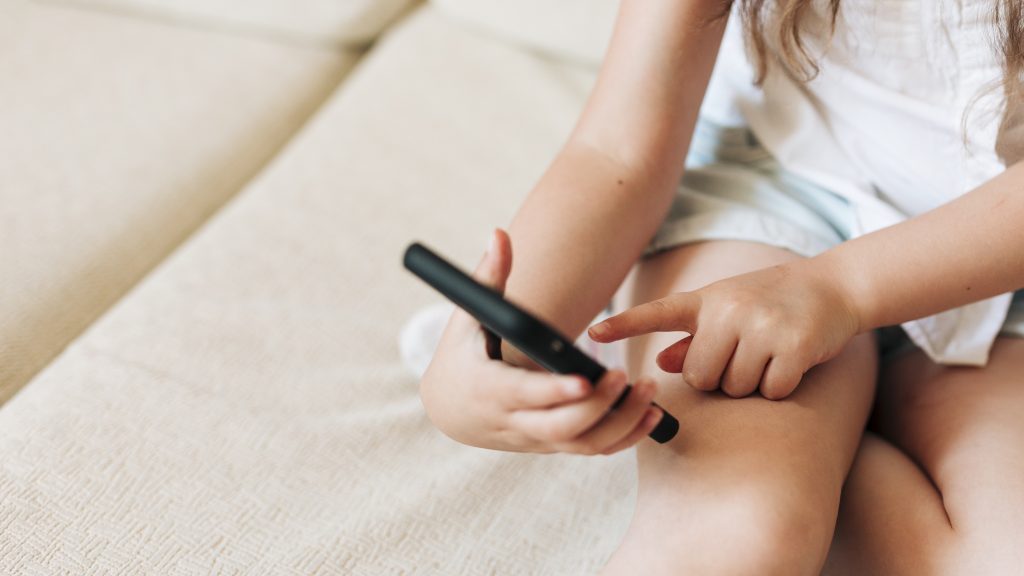

Benefits of child monitoring apps
- Increased security: One of the biggest advantages is the feeling of security. Parents can check at any time where their child is, whether they have arrived safely at school, home or training.
- Protection against online threats: Many applications allow you to monitor web usage, limit access to inappropriate content, and even detect signs of cyberbullying or dangerous contacts.
- Balanced use of technology: Parents can monitor how much time their child spends on their phone, which apps they use, and if necessary, impose time limits for games or social networks.
- Responsible digital education: With the right approach, these apps can become part of the conversation about responsible use of technology, privacy, and trust.
Main concerns and risks
- Excessive surveillance and privacy violations: In some cases, apps allow access to the content of messages, screenshots, keystroke logging, or even eavesdropping on the surroundings through the microphone of the phone or smartwatch. This raises questions about the violation of the child's privacy - and also the privacy of people around them.
- One device – multiple targets: Technology does not distinguish between “monitoring a child” and “tracking others.” If an app that allows remote monitoring is installed on a child’s phone, there is a serious risk of abuse. In this case, such use can quickly cross the line into lawful surveillance.
- Security vulnerabilities and poor data protection: Many cheaper devices and parental control apps lack adequate security standards. Location and communication data may be stored on the manufacturers' servers, which increases the risk of interception.



